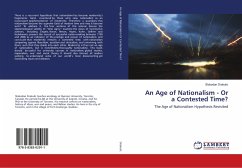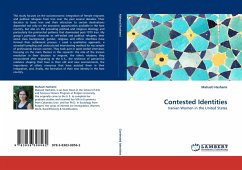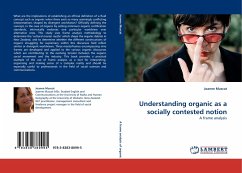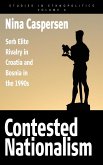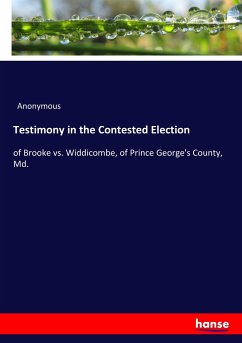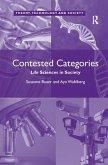There is a recurrent hypothesis that nationalism has become modernity's hegemonic Geist, countered by those who view nationalism as an evanescent epiphenomenon of modernity. Therefore a quandary: Has nationalism become the supreme Geist of modern time and may it become such? To address it, the four sections of this volume discuss the epistemological validity of "time signs;" examine the views of twenty-five authors, including Engels, Acton, Renan, Hayes, Kohn, Gellner and Hobsbawm; present the record of successful nation-making between 1750 and 2000 as an indicator of the prestige and power of nationalism; and conclude that modernity remains a contested time, with nationalism competing against liberalism, socialism and clericalism, and entwining with them, such that they shade into each other. Modernity is thus not an age of nationalism, but is nonetheless thoroughly nationalistic. This book should be useful for university courses in nationalism, global studies, imperialism, war and social theory. It should also interest all readers wishing to understand some of our world's most disconcerting yet fascinating issues and debates.

